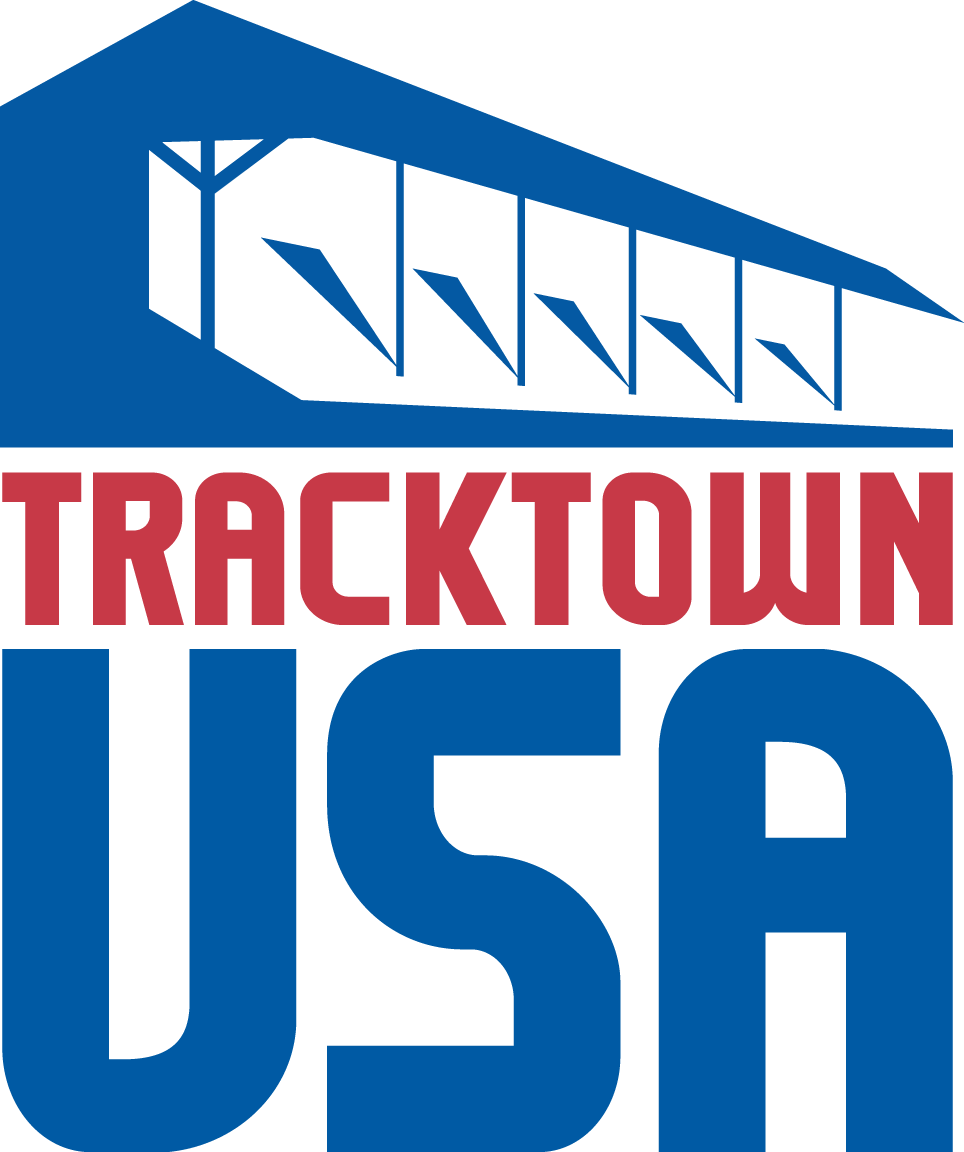Alexi Pappas: On Going to the Olympics as an Artist
(Photo: Alexi Pappas)
By Alexi Pappas / TrackTown USA
This February, I went to the Olympics in South Korea – not as an athlete, but as an artist. I was selected for the new Olympic Artist In Residence program, an effort by the IOC to reconnect athletics with the arts. Historically, the Olympics have had a strong tie to the arts and this Artist in Residence program, which started in Rio 2016, reignited this once strong tie.
As an athlete and artist, it has always been of the upmost importance that my athletics and my arts stand on their own—that is, I wanted to qualify and compete in the Olympics on the merits of my athletic ability, and I also wanted to make an award-winning movie that traveled to festivals and was distributed worldwide. I feel strongly that these worlds enhance each other, but they should never lean too strongly on one another. When I received the invitation to the Olympic Artist in Residence project, I saw it as a moment where my two worlds fully intertwined: I was on their radar because of my performance in Rio, and I actually got the call because my film was good enough to catch the eye of IOC President Thomas Bach.
For my project, I traveled to PyeongChang with my partner Jeremy to write, direct, and star in a series of short films. It’s been nearly two years since my own Olympic experience where I broke a national record in the 10,000 meters for Team Greece, and I still feel like I have yet to fully express how being an Olympian felt to me. I realize that every Olympian’s experience is wholly unique, but I also think there is a joint emotional experience that every Olympic athlete can relate to—this is what I wanted to express through my films in PyeongChang.
Why make a film? When I sit in a movie theater I feel like I am experiencing something personal and individual, but also completely together with a group of people. That’s how the Olympics felt, too – all of us athletes were there to compete against each other and win medals, but we were also going through a shared experience together. Film felt like the perfect corollary to my Olympic experience.
Like my movie Tracktown, filmed right here in Eugene, my goal was to make a film that athletes will want to show their children to say: “this is what it felt like to actually be there.” I remember the moment 2012 Olympian Bridget Franek said these exact words to me after watching Tracktown, and how much that meant to me. I also remember when Nick Symmonds told me that he related to Tracktown’s protagonist Plumb — he was one of the very first people to read our script, and his kind words gave me confidence that the story really was able to speak to a shared athletic experience.
Tracktown was unique because it was a fictional film that spoke to my true experiences as an elite athlete and Olympic hopeful. When it comes to the Olympics, fictional film is different from watching television coverage or documentary programs on the Olympics. With fiction, we can “zoom in” on specific moments – especially moments between competitions – and capture emotions and experiences that might get overlooked on TV or in a documentary.
With this philosophy in mind, Jeremy and I set out to make a series of short fictional films capturing the Olympic Values through narrative storytelling. We also released behind-the-scenes “making of” videos on the Olympics Instagram account while we were filming.
Even though I was making a fictional film, it was still important to me as an athlete to tell a story that could have really happened and does reflect the true experience there. My character is a cross-country skier named Penelope, who competes in her first Olympics, and the actor/comedian Nick Kroll plays a volunteer dentist named Ezra—the two have adventures together and apart. In Rio, I really did meet a doctor and struck up a friendship with him! We also featured other real Olympians playing versions of themselves, such as American medalists Jamie Anderson and Gus Kenworthy.
It feels like my background as an athlete and a filmmaker came together at this intersection, and in a way that I couldn’t have dreamed up myself. My goal is to express what I felt as an Olympian. I feel grateful that the Olympic Committee believes in me as an athlete and artist – I am even more inspired to continue my work as a filmmaker and also my training for the 2020 Olympics!

